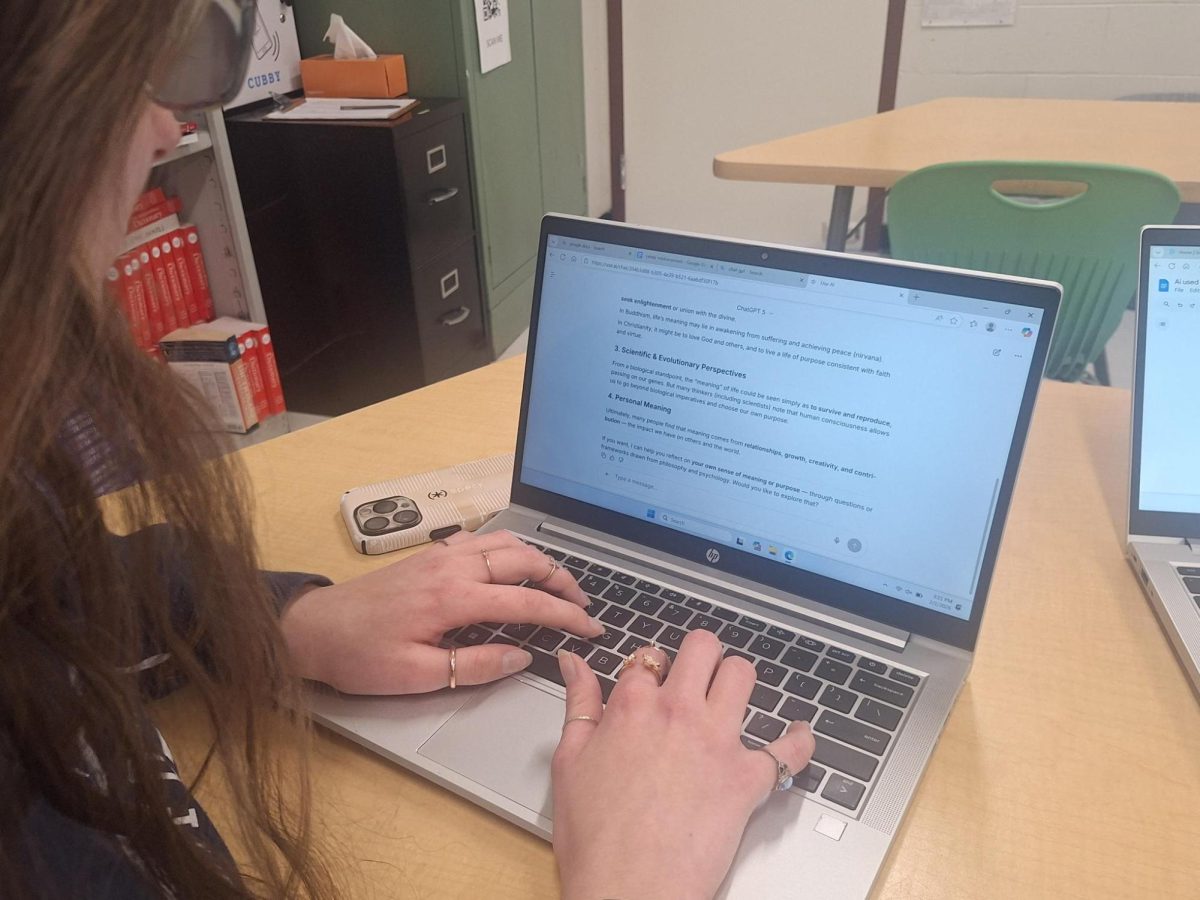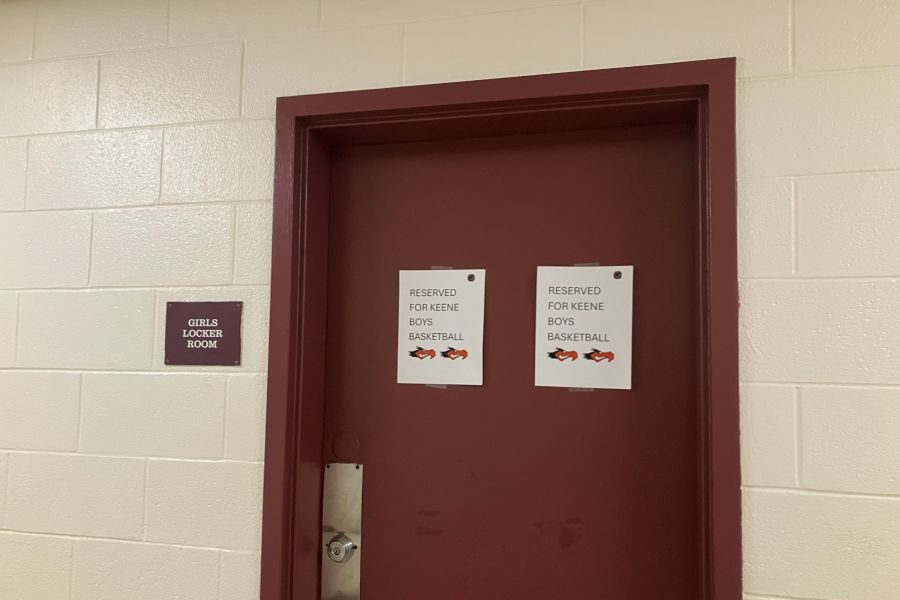Humans for centuries have been chasing this false idea of happiness, believing if they achieve their dreams, they’ll reach a state of happiness. They won’t. Rafa Euba, of psychology today notes, “if you ask your brain to be happy, it simply won’t know how to respond.” A harsh reality for most to come to terms with. The brain simply doesn’t care whether we’re happy or not. It’s wired to survive, and that instinct will always prevail.
Psychologist Dan Gilbert has explained the behavior “miswanting” to be the root of the problem. It’s the continued belief or chasing of goals or wants that you believe will make you happy. Happiness is next to impossible to achieve as “it isnt essential for survival” Yale Proffesor Laurie Santos continues “we probably still wouldn’t be happy because we want all the wrong things.”
Humans can struggle thinking in objective terms, as we “compare all our outcomes in life to something else.” (Laurie Santos) This can be called setting a reference point, for example if someone’s bestfriend happens to have a good relationship and they don’t, this can lead them to believe that’s what they need to be happy.
Our brains tend to get used to things, it helps us stay safe and keep our mind at peace, this normalcy can lead people to retreat into their miswanting behaviours, believing they need yet another thing to feel happy. Contentment is something most enjoy, but can feel a sense of wanting more, a behavior we as people have to rewrite in our brain, as “happiness isnt just a state; it’s an ongoing practice.” (Laurie Santos) Most people, of course, don’t like the idea of “working” to achieve this, as it’s admittedly easier to chase falsehoods.
The best way to “achieve happiness” is to invest in your community, social connections for centuries have proven to be the simplest and most effective way to be happy. The positive people you let into your life, truly do help you everyday, simply by having good conversations, and in return you help them too. Another way we can achieve a “boost” of happiness is by doing kind things for others, and relishing in the joy they share, and now you as well.
With a brain unwilling to be in a constant state of happiness, many can find themselves kicking themselves for it, believing its somehow their responsibility, and even fault theyve become so miserable. While environmental factors always come into play here, the unwillingness to expect you won’t achieve that golden status of happiness, people get stuck in cycles of chasing highs, they hope to keep.
With a brain wired to get used to what makes you happy, and keen on survival, it’s up to us to rewrite how we view happiness, and ourselves. Letting yourself be miserable, and content will do you more good, and allow you to process those emotions fully and rid them. Helping you more than a temporary happiness would’ve given. Laure Santos explains, Negative emotions serve to tell us we need to do something, “we just need to regulate them in positive ways.”










